Description
– A thermal fuse is a temperature-sensitive, one-time-use safety device that breaks an electrical circuit when it overheats.
– It’s designed to prevent damage from excessive heat, often acting as a final safety measure in appliances and electronic devices.
– These fuses are triggered by temperature, not electrical current, and must be replaced after they’ve blown.
Key Features:
Rated opening temperature (Tf): This is the temperature at which the thermal fuse will activate and break the circuit.
Holding temperature (Th):
The maximum temperature at which the fuse can safely conduct the rated current for a specified time without activating.
Maximum temperature limit (Tm):
The highest temperature the fuse can withstand for a short period without reclosing.
Rated current (Ir):
The maximum current the fuse can carry without blowing.
Rated voltage (Ur):
The maximum voltage the fuse can safely handle.
Tolerance:
Thermal fuses have a tolerance range for their rated opening temperature, typically +0°C/-10°C or ±7°C depending on the standard.

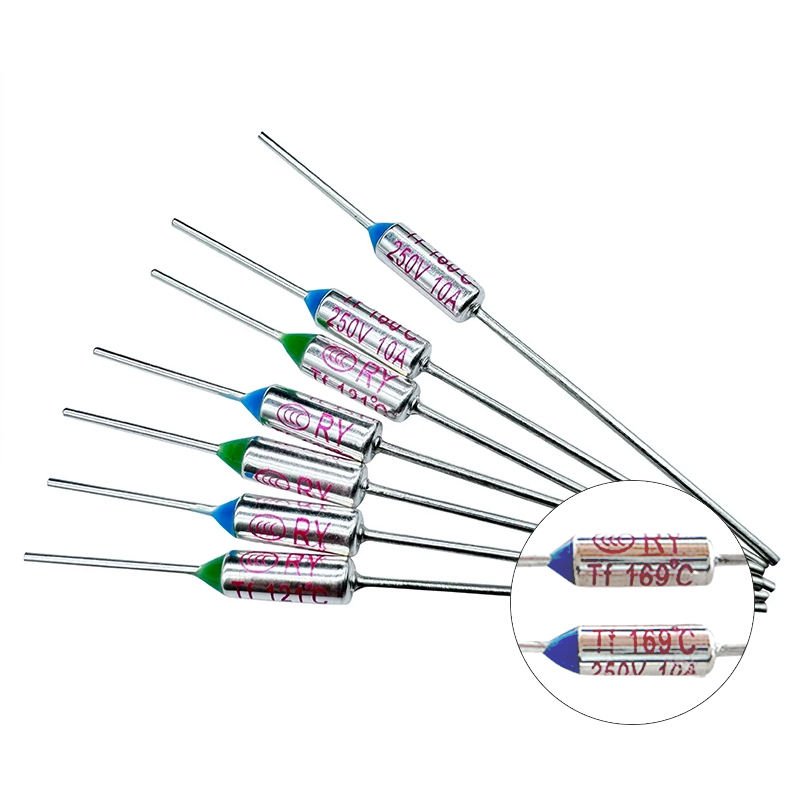
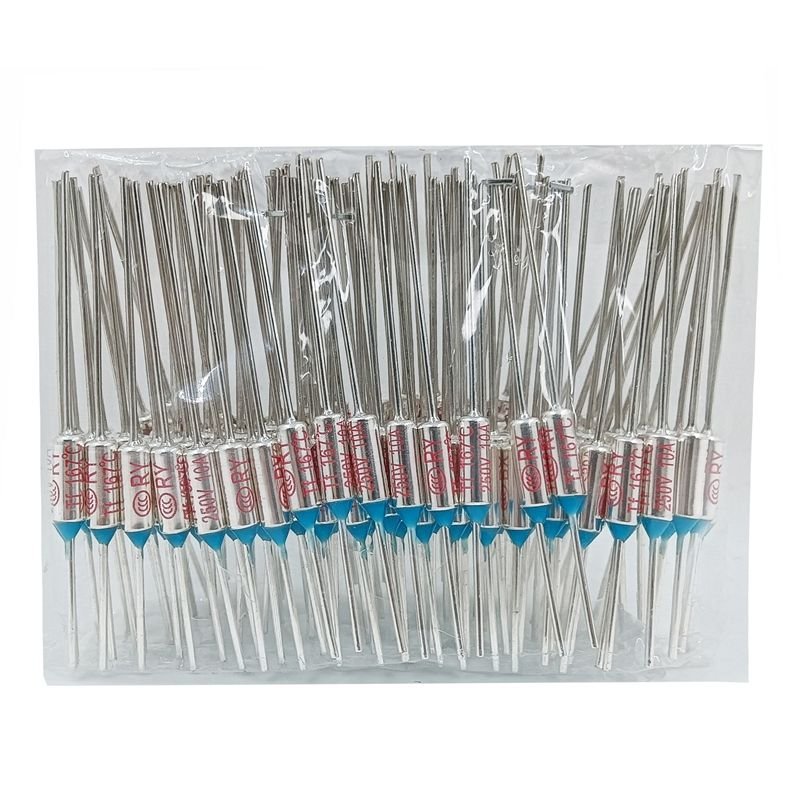
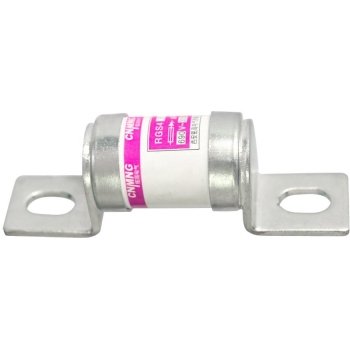
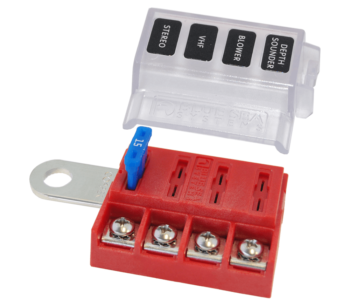
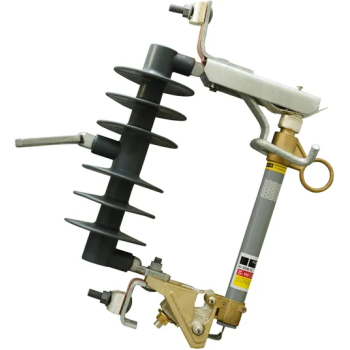

Reviews
There are no reviews yet.